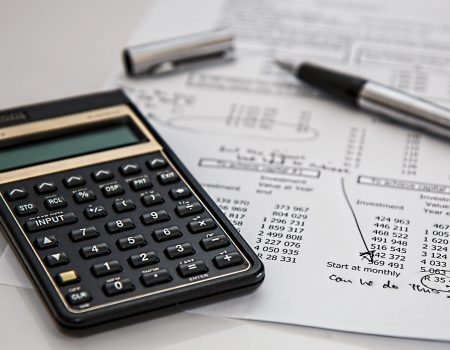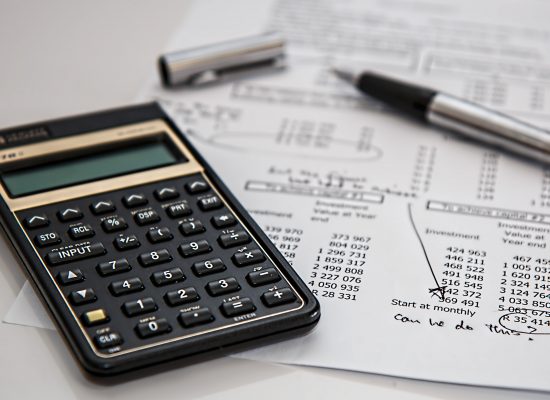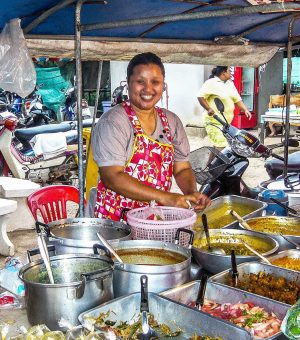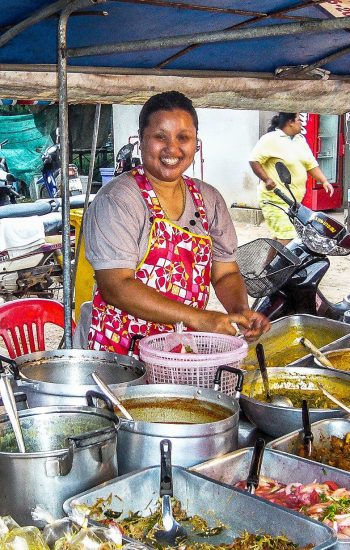Financial Education and Microcredit
Financial Education: organizing and saving
People search for what they call financial prosperity. Prosperity in the dictionary means, among others: “feature of prosperous, developed, abundant, successful […]; Excess of material goods; Wealth. Plenty.” Therefore, financial prosperity is briefly to possess in abundance.
The concept of financial prosperity is usually bound to happiness. If we see someone with a super car, living by the sea, or with a last-generation phone, we say: “Wow! This person is very well in life!” Isn’t it? But we don’t know if he’s divorced from his spouse, if she lives on painkillers and meds, if his kids are addicted to drugs, committing offenses… But as we look at their possessions as happiness status, we judge this person as the happiest in the world.

We must learn to be happy within the socioeconomic stratum in which we live, understanding that happiness is a state of the soul and has very little to do with the amount of money we gain or have accumulated over the years. Violating this principle is the most common root of debt and financial pressures that the families and merchants of Brazil go through nowadays.
The difference between success and economic failure is, primarily, to feel satisfied and happy, in each of the socio-economic strata in which we find ourselves, avoiding buying too many things, which we do not need to be happy. So we have the power to control our spending. This is called contentment.
We must learn to be happy within the socioeconomic stratum in which we live, understanding that happiness is a state of the soul and has very little to do with the amount of money we gain or have accumulated over the years. Violating this principle is the most common root of debt and financial pressures that the families and merchants of Brazil go through nowadays.
The difference between success and economic failure is, primarily, to feel satisfied and happy, in each of the socio-economic strata in which we find ourselves, avoiding buying too many things, which we do not need to be happy. So we have the power to control our spending. This is called contentment.

Example: I want a phone that single-pay costs R$1,200.00, or I can divide in 10x of R$160.00, which fits in my budget, but I’ll pay more R$400.00 in total! Here come the principles of patience and self-mastery: to buy in a single pay, I’ll have to wait a few months to collect all the money. Patience to wait and self-mastery to save values that fit in my budget and not fall into the temptation to buy more stuff with this feature. Patience and self-mastery are manifestations of my personal character!
We need to change the way we think about money. This occurs when we understand each other as people of character. And it’s a change that should take place from the inside out. First we must change our interior. See what we need to learn and how we can always become better!
Based on these and other principles, we offer a lecture on Financial Education. Topics such as work, planning, budgeting, credit, debts and others are addressed. It is mainly a change of mentality, useful for any public: rural worker, micro-entrepreneur, housewife, urban resident, and even teenagers and young people. But there are also practical guidelines, from spending spreadsheets and revenues to applications and financial control systems, through tips on how to save money. In everything we return to the organization and economy of each person and each family.
Microcredit: encouraging and growing
Microcredit is the granting of small-value loans to formal and informal micro-entrepreneurs, usually without access to the traditional financial system, and its main objective is to finance projects that otherwise hardly would have real opportunities. The idea is to create jobs and wealth for the local economy: more than a subsidy, microcredit opens the way to a job for those who have lost or abdicated, or reinforces a job whose bases are fragile for any reason. The bureaucracy is zero, the cost is quite low, the granting of credit is agile and there is a strong social impact in the community.

The beneficiary of the microcredit program must have participated in the literacy and/or citizenship course and the financial education program. Microcredit will be your incentive to undertake and sustain or expand your existing small business, but now with social and financial knowledge acquired in previous programs.
In addition, the benefits are not only for the beneficiaries of microcredit (entrepreneurs), but they are also for their employees, their families and the community where they live. This is about benefiting indirectly. In this way, we have built a chain of beneficiation, useful for supporting and boosting the most disadvantaged of our society, but in fact benefiting all around.
The beneficiary of the microcredit program must have participated in the literacy and/or citizenship course and the financial education program. Microcredit will be your incentive to undertake and sustain or expand your existing small business, but now with social and financial knowledge acquired in previous programs.
In addition, the benefits are not only for the beneficiaries of microcredit (entrepreneurs), but they are also for their employees, their families and the community where they live. This is about benefiting indirectly. In this way, we have built a chain of beneficiation, useful for supporting and boosting the most disadvantaged of our society, but in fact benefiting all around.

IBRAEMA works with oriented productive microcredit, whose goal is to stimulate entrepreneurship, due to its inclusive design and social transformation. Agents and promoters of financial education go to entrepreneurs and provide personalized service, where they identify the needs and assess the customer’s payment ability to grant the credit in the right measure, avoiding debt. Also, useful suggestions for development, growth and implementation of what is required for project success may be presented.
In this area, IBRAEMA works with partners. Companies specializing in microcredit, with years of experience and expertise, are our allies in offering loan rounds and management guidelines. Encouraging entrepreneurs and growing ventures also means transforming lives and rescuing people.
Instituto Brasileiro de Educação e Meio-Ambiente
(Brazilian Institute of Education and Environment )
Diniz Barreto st., 88, Prado,
Recife – PE, Brazil
Post-code: 50720-220
Phone: +55 (81) 3342-2077
Legal Policy
Terms of Use
Privacy Policy
Terms of Agreement
Documents
UNESCO
Human Rigths
ISO 26000

